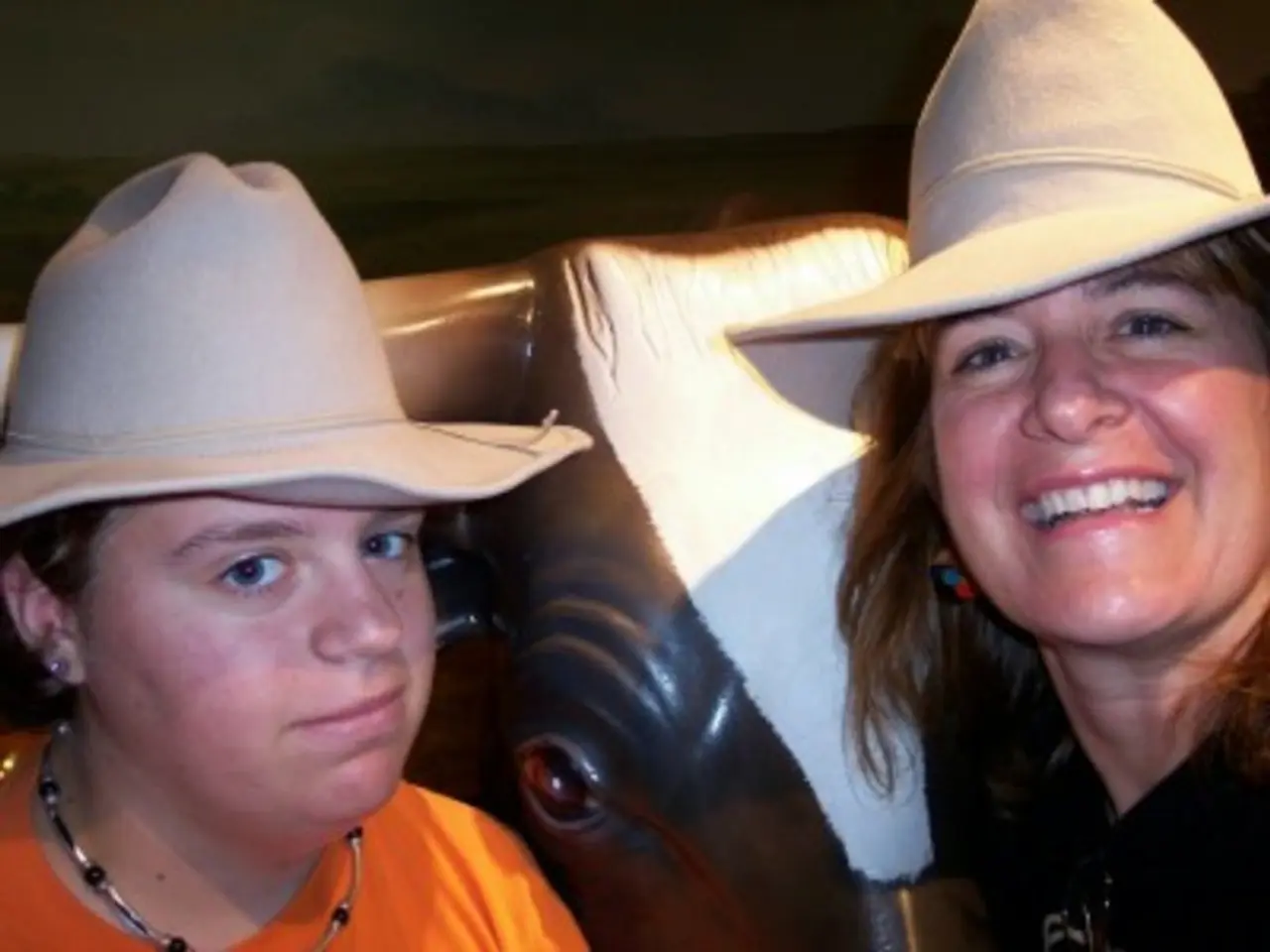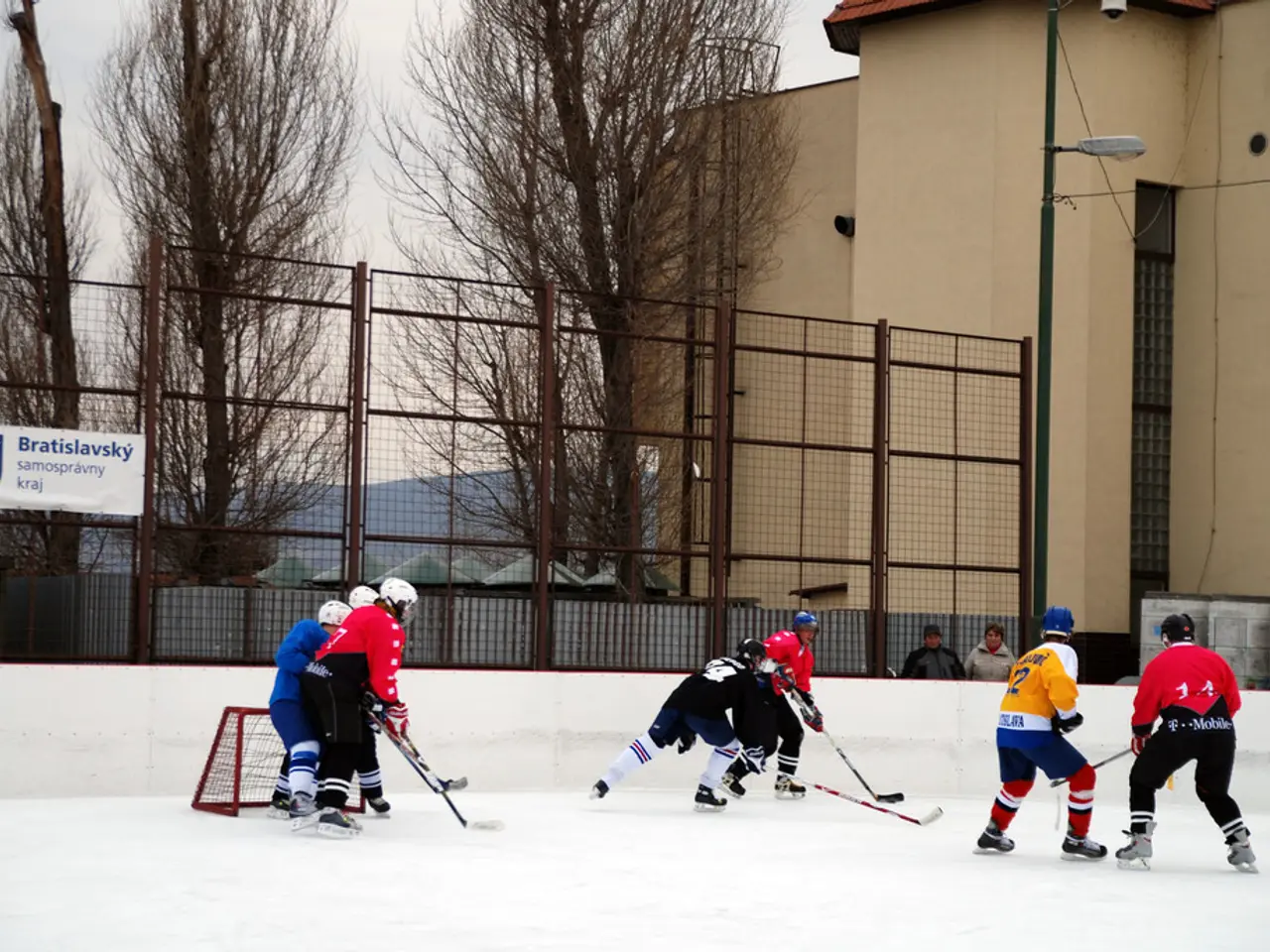Danish Daily News Summary: Unraveling the events of Wednesday in Denmark's headlines
In a surprising revelation, the Danish food agency has discovered high levels of PFAS, known as 'forever chemicals', in 8 out of 20 samples from hobby farms producing eggs. Henrik Dammand Nielsen, head of unit at the Danish food agency, expressed his surprise and cautioned that people who keep hens and consume their own eggs should take necessary precautions due to the risk of contamination.
Meanwhile, the Danish women's soccer team has faced a different challenge, being eliminated from the Euro 2025 tournament after two consecutive defeats. In their second match, Germany came from behind in the second half to defeat Denmark, with Lea Schueller scoring the winning goal in the 66th minute. The equaliser for Germany was scored by Sjoeke Nuesken, while Amalie Vangsgaard was the sole scorer for Denmark in the match.
The European Commission has also criticised Denmark for lacking regulation on lobbying among ministers. This criticism stems from concerns about the influence and transparency of former government officials now engaging in lobbying activities. The issue is part of a broader European context where lobbying and political influence, especially by former officials, are under scrutiny for their potential to undermine trust in democratic institutions and governance.
Despite the criticism, the Danish Prime Minister, Mette Frederiksen, maintains that the issue of ministers switching to influential private sector lobbying roles is not a significant problem for Denmark. Frederiksen added that she believes her colleagues move on to other types of work in a sensible and responsible way.
On a positive note, the beaver population in North Zealand has seen a significant boom. A single beaver family, reintroduced in the region 15 years ago, has grown to 28. The thriving beaver populations include a beaver lodge in the Gribskov forest, an area slated to become a national park. The beaver population in the area is more than expected, with around 100 individuals spread across 28 separate family groups.
However, the source of the PFAS pollution remains unclear, according to the Danish food agency. At a press briefing, Frederiksen stated that she had not yet seen the report's conclusions at the time of speaking. The agency suggests varying egg consumption by also eating shop-bought eggs to reduce the risk of exposure to these substances.
This news underscores the complexities facing Denmark, with issues ranging from environmental contamination to political ethics and lobbying reforms. The country now faces the challenge of addressing these concerns while maintaining public trust and ensuring the integrity of its institutions.
Articles on Danish news currently cover a range of issues, with the discovery of 'forever chemicals' in eggs from hobby farms being a significant concern for environmental-science and general-news sections. Meanwhile, sports enthusiasts are following the Danish women's soccer team, who were eliminated from the Euro 2025 tournament after two consecutive defeats. On a lighter note, the population of beavers in North Zealand has seen a significant boom, with a single reintroduced family growing to 28 in the past 15 years. However, science and environmental-science continue to focus on the source of the PFAS pollution, with the Danish food agency still investigating.








